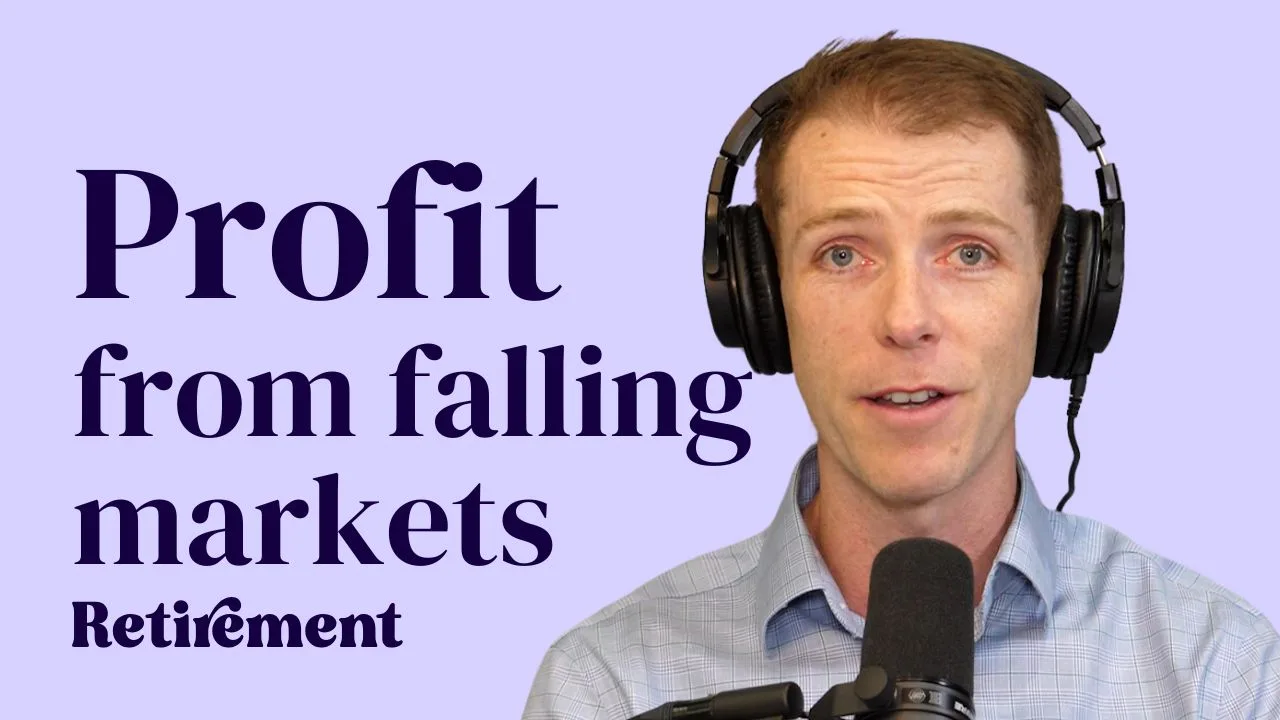The uncertainty in share markets is prompting ASX-listed companies to withdraw their profit guidance. But stock analysts are calling on a number of companies who have not provided updates to assist investors by giving a clear outlook.
Around 34% of the S&P/ASX 100 (INDEXASX: XTO) and 25% of the stocks in the Small Ordinaries Index (INDEASX: XSO) have already withdrawn or reduced guidance.
Last week Bank of Queensland (ASX: BOQ), Evans Dixon Ltd (ASX: ED1), Tyro Payments Ltd (ASX: TYR) were amongst the listed companies to withdraw their 2020 guidance.
The week before, 70 companies withdrew guidance following the 52 in the two weeks prior. These include AMP Limited (ASX: AMP), Genworth Australia (ASX: GMA), QBE Insurance Ltd (ASX: QBE), Money3 Corporation (ASX: MNY) and Prospa Group Ltd (ASX: PGL).
Macquarie Securities analysts are urging companies that have not updated their guidance to either confirm or withdraw to put investors at ease as “the silence is deafening.”
The analyst firm notes the rush to withdraw guidance may be an indicator of a rise in equity raisings in the next month. Out of the first 12 companies to withdraw guidance, Webjet (ASX: WEB), Cochlear (ASX: COH), oOh!media (ASX: OML) announced they were in the market looking to raise equity in the following days.
“Given the surge in guidance withdrawals did not start until March 19, we may see more equity raisings in the coming weeks.”
Companies have not withdrawn guidance at the time of publishing include Suncorp (ASX: SUN), Medibank Private (ASX: MPL), CSL Limited (ASX: CSL), Wisetech Global (ASX: WTC), Domino’s Pizza (ASX: DMP) and Amcor Ltd (ASX: AMC).
Despite this, a handful of listed companies have reaffirmed their earnings, in particular, real estate investment trusts (REITs). Charter Hall Group (ASX: CHC), Charter Hall Long WALE REIT (ASX: CLW), 360 Capital REIT (ASX: TOT).
Charter Hall has already earned its performance fees and the REITs have fixed redemption dates.
Morningstar says: “Our understanding is there are no redemption windows in the 2020 fiscal year, and most of its funds allow redemptions only every five to seven years, which should limit outflows, even if inflows are slow.”
From the financial sector IAG and digital faith-based donation platform Pushpay Holdings confirmed their guidance is on track.
Macquarie wrote in a note to clients: “Seeing so many companies provide negative earnings guidance so soon after the February reporting season reflects how quickly operating conditions have deteriorated in such a short space of time.”
The discretionary sector has had the most withdrawals so far at over 27. This includes companies such as Flight Centre (ASX: FLT), JB Hi-Fi Limited (ASX: JBH) and Tabcorp (ASX: TAH).
Industrials followed with over 27 withdrawals including airlines Qantas Airways (ASX: QAN), Virgin Australia Ltd (ASX: VAH) and Corporate Travel Management (ASX: CTM).
The real estate sector has counted over 18 withdrawals including shopping centres Scentre Group (ASX: SCG), Vicinity Centres (ASX: VCX) and Stockland Corporation (ASX: SGP).
AMP recently withdrew its guidance but says it’s committed to its three-year transformation strategy and the completion of the sale of AMP Life by 30 June.
AMP chief executive Francesco De Ferrari says: “Our group balance sheet and liquidity remain strong and we are confident in our ability to support clients in this time of need.”
Evans Dixon told investors its operating model is “robust” but the increasing level of uncertainty triggered its guidance withdrawal.
“Our financial performance will be negatively impacted in the near term as a result of the substantial drop in value across global financial markets and the resulting impact on the level of corporate transactions.”
This story first appeared in The Inside Investor.
[ls_content_block id=”14945″ para=”paragraphs”]







